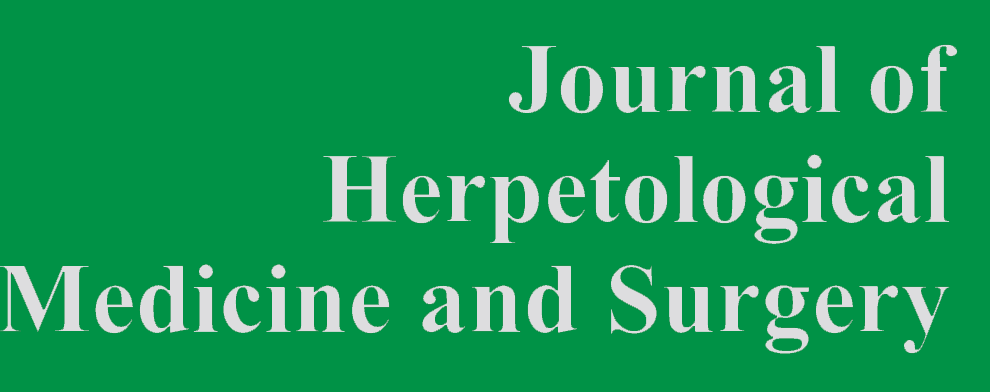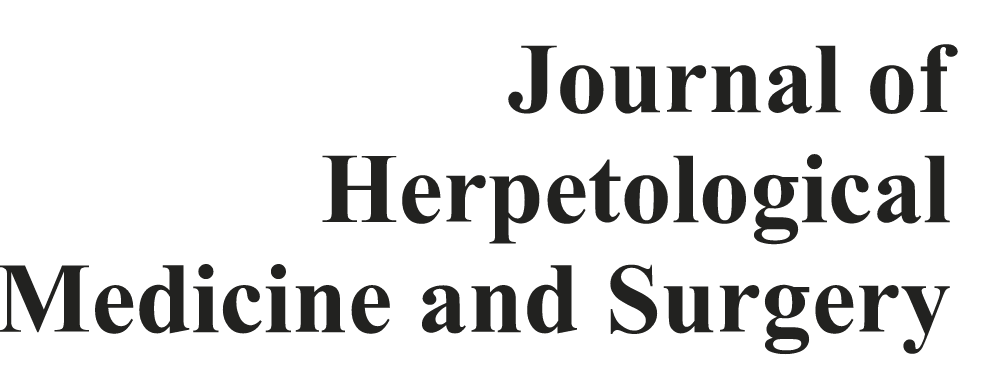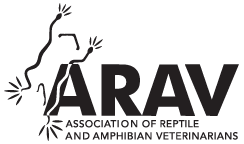Changes in Plasma Testosterone and Aggressive Behavior in Male Green Iguanas (Iguana iguana) Following Orchidectomy
Eighteen green iguanas (Iguana iguana) were randomly assigned to three groups: control group (sham orchidectomy); group I (orchidectomy before the breeding season); and group II (orchidectomy during the breeding season). Circulating testosterone concentrations were determined using a radioimmunoassay and correlated with aggressive behavior scores. Monthly mean (± SD) testosterone concentrations and aggression scores varied with group and season. The highest testosterone concentrations were present in the control group (mean ± SD: 11.6 ± 2.8) during the breeding season (November through January). Likewise, the highest aggression scores were present in the control group (11.6 ± 9.6) and group II animals (4.7 ± 2.2) during the breeding season (November through January). Elevations in testosterone concentration preceded initial increases in aggressive behavior by approximately 1 month. Orchidectomy significantly decreased plasma testosterone concentrations between groups, with significant differences seen between the control group and group I animals and between the control group and group II animals. During the breeding season, significant differences in aggressive behavior were found between all three groups. The control group was the most aggressive, and group II animals were more aggressive than group I animals. Linear regression analysis showed a significant positive relationship between plasma testosterone concentrations and aggressive behavior in the control group (P = 0.008).Abstract

Aggression scores for group I, group II, and control iguanas. The aggression scores were significantly different (P < 0.05) between all three groups, with the control group being the most aggressive and group I (castrated before the onset of breeding season aggression) being least aggressive. Base = baseline.

Plasma testosterone concentrations and aggression scores for iguanas castrated in September (before the onset of breeding season aggression). Base = baseline.

Plasma testosterone concentrations and aggression scores for iguanas castrated in December (after the onset of breeding season aggression). Dec-pre and Dec-post indicate plasma testosterone concentrations and aggression scores before and after castration, respectively. Base = baseline.

Plasma testosterone concentrations and aggression scores for control (sham operated) iguanas. Base = baseline.

Endoscopic view of surgical site 12 months postsurgery. The surgical clips used in the procedure can be seen dorsal to the large vessel (renal vein) in the center of the image and represent the position of the testes prior to removal.



